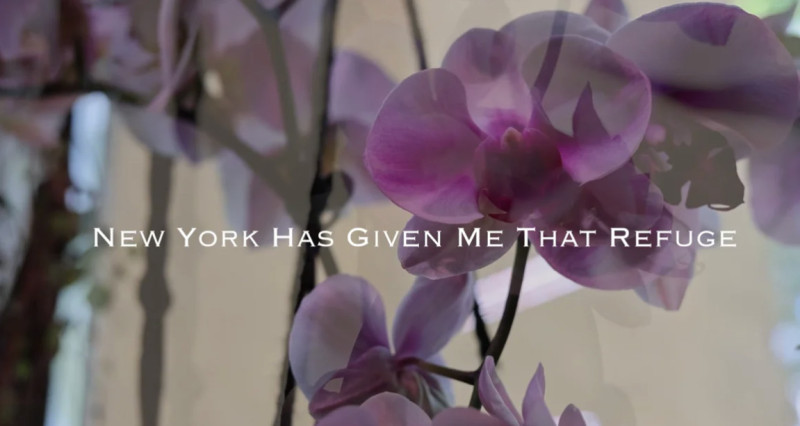
New York has given me that Refuge
In this film, refugee South Asian LGBTQ+ activist Barbara Khan talks about her migration from Pakistan and her life in New York as a trans woman.
No. We have almost 90 people that left the country [Afghanistan] together from the John Hopkins. I made other friends in the refugee camps. When I told them, I selected New York City, they answered me: “Are you crazy? Why? It’s so expensive, it’s too cold. Why are you going there? You have to go to the Virginia, that is the most historical refugee area. Or you should go to the California.” I said, no, I have priority for me. I have received employment in New York, so I have to go there.
My classmate lives in Rochester city, he is a medical doctor. He said, if my position is not secured at Columbia University, then I should come to Rochester, which is also a city of New York state. So, my second choice was also New York.
To be honest no.
This weekend I have attended a gathering. It was a Graduation Ceremony, so mostly medical health professionals. But I have also met here a lot of teachers, businessmen from New York City. The Afghan community here is not as huge as in Virginia, Texas, or California… At the moment I am very focused on my own (applications, assignments, permanent residency, driving lessons, heath appointments). This is very new for me, so I definitely plan to be a part of the community. Otherwise, we will struggle here. The lifestyle of New York City is completely different from the lifestyle in Kabul. But I have adapted myself to this lifestyle.
Currently I feel like in exile…. because I can’t leave United States and go somewhere else. Even if I will receive my permanent residency, I may not go to my home country…It’s depending on the future of the Afghan government. If it will stay there as it is, I definitely won’t go back. Because there is a threat for me. I am opposing their ideas. They are radicals, they don’t accept others. For example, they banned girls from schools. Why are you doing that? They also force women to wear hijab. This is a woman’s choice…. I am afraid to go there. While I am in exile, I hope, that in the next years or in a couple of years it’s going to change.
Abdul S. – name changed, former associate professor of epidemiology at Kabul University of Medical Science, is the first Afghan scholar to accept a position at Columbia University under the “Columbia University Scholarship for Displaced Students” initiative. He is a medical doctor and graduated from Kabul University of Medical Sciences in 1990. Since the 1990s, he worked in a hospital where he witnessed the war firsthand on a daily basis. As the situation in Afghanistan worsened, he was transferred to one of the provinces to work as a general surgeon in a local hospital. He returned to Kabul in 2001. In 2003, Abdul co-founded the “National AIDS Control Program.” At that time, he switched from medicine to the field of public health. After completing a master’s degree in public health in Ireland, Abdul joined Johns Hopkins University in Baltimore, USA, in 2010 as a project director. When the project was discontinued in 2013, he returned to Kabul University of Medical Sciences as a professor in the Department of Public Health. During the period from 2016 to 2018, he was the Dean of the Faculty of Public Health. With the Taliban coming to power on August 15, 2021, he and his family found themselves in acute danger from one moment to the next. His cooperation with international organizations and American universities could now be his undoing, so he made the decision to flee to the United States with American university support.
The interview was conducted by the We Refugees Team in the spring of 2022.